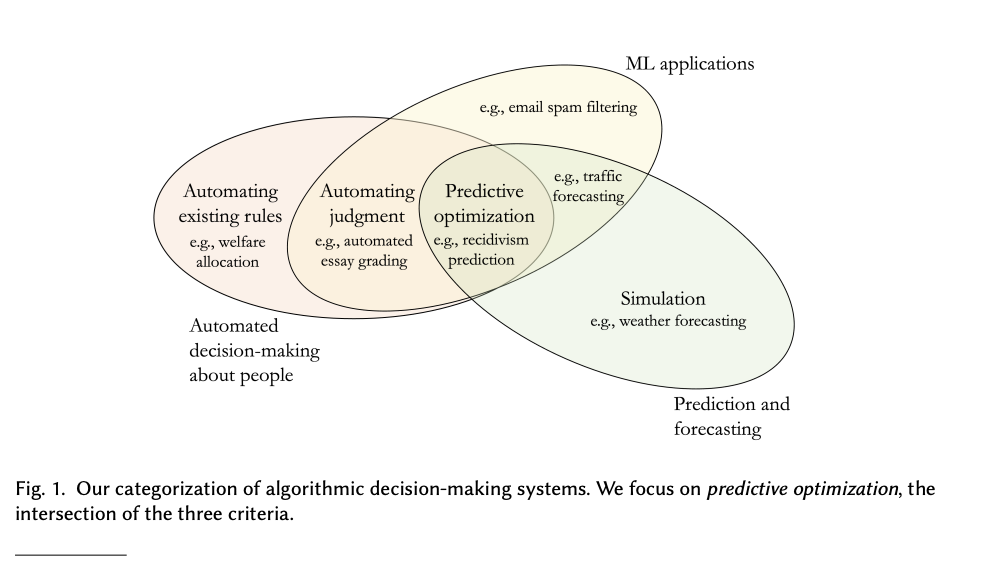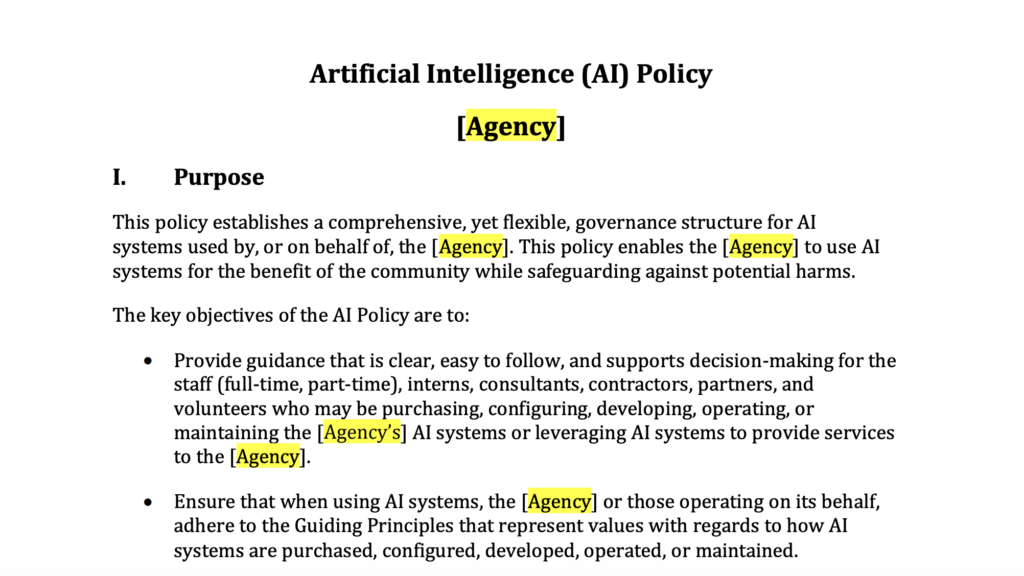Against Predictive Optimization: On the Legitimacy of Decision-Making Algorithms that Optimize Predictive Accuracy
This academic paper examines predictive optimization, a category of decision-making algorithms that use machine learning (ML) to predict future outcomes of interest about individuals. Through this examination, the authors explore how predictive optimization can raise concerns that make its use illegitimate and challenge claims about predictive optimization's accuracy, efficiency, and fairness.

The document critiques predictive optimization, a machine learning approach to decision-making that predicts individual outcomes and optimizes actions accordingly.
It highlights persistent normative and technical flaws—such as mismatched targets, distribution shifts, limited predictability, disparate impacts, lack of contestability, and susceptibility to gaming—that undermine the legitimacy of these systems and cannot be easily fixed by technical means. The authors argue that developers should bear the burden of justifying the use of predictive optimization and offer a set of critical questions to evaluate its legitimacy in practice.
Share this Resource:


